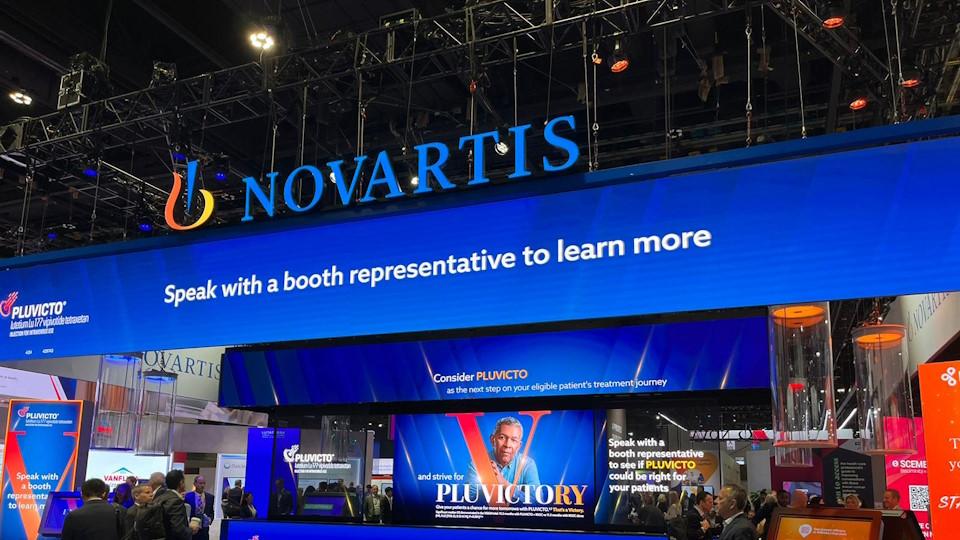ASCO: Novartis’ Scemblix aces first-line CML study

Novartis’ first-in-class STAMP inhibitor Scemblix could be headed for use earlier in the treatment pathway for chronic myeloid leukaemia (CML).
At the ASCO congress in Chicago today, the results of the ASC4FIRST trial of Scemblix (asciminib) in people recently diagnosed with Philadelphia chromosome-positive, chronic phase CML suggest the drug could offer a safer and more effective option to existing tyrosine kinase inhibitors (TKIs) for the cancer.
The 405-patient phase 3 study showed that 68% of those treated with Scemblix had a major molecular response (MMR) after 48 weeks, compared to 49% in patients treated with TKIs, like first-generation drug imatinib or new drugs in the class like Bristol-Myers Squibb’s Sprycel (dasatinib), Novartis’ Tasigna (nilotinib), or Pfizer’s Bosulif (bosutinib).
Scemblix also outperformed the comparator drugs in achieving a deep molecular response (DMR) – which indicates remission and could allow treatment to stop – with 39% reaching that objective compared to 21% of the TKI arm.
Moreover, the STAMP inhibitor had a more favourable safety profile, with a halving in the rate of adverse events, as well as fewer treatment interruptions and discontinuations, prompting ASCO commentator Oreofe Odejide of the Dana-Farber Cancer Institute to suggest it could become a “treatment of choice” for CML. The trial remains ongoing, with the next scheduled analysis at week 96.
It’s also worth noting that, despite the dramatic impact of TKIs in CML that has led to a tripling in the five-year survival rate to around 70%, almost half of patients will have to change therapy within two years due to side effects or the development of drug resistance.
Lead study author Timothy Hughes, of the South Australian Health and Medical Research Institute and University of Adelaide, said that the combination of potency and safety may enable more patients to achieve treatment-free remission - the ultimate goal of CML therapy.
“Scemblix is the first CML treatment to show significantly better efficacy compared to investigator-selected standard-of-care TKIs,” he added.
The drug has been approved since 2021 as a therapy for previously-treated Ph+, chronic phase CML and was considered at the time to be one of Novartis’ ‘wild card’ products, a group that the company felt was flying under the radar of industry observers, but which could develop into blockbusters.
It is already on its way towards that goal, with sales last year rising nearly 180% to $413 million from its second-line use and, according to GlobalData, approval as a first-line agent could drive annual revenues to $1.6 billion by 2029.













